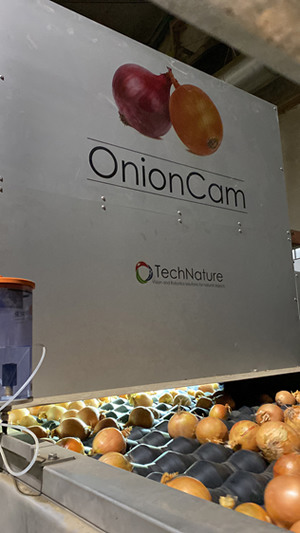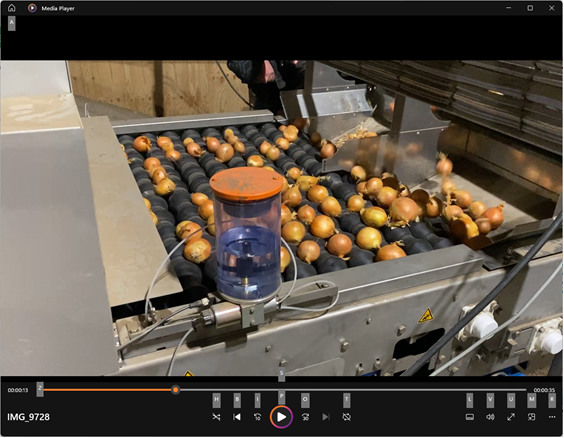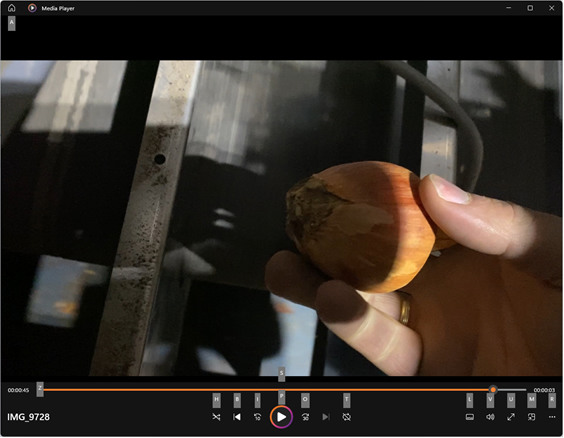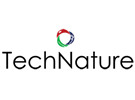 TechNature has recently gained considerable ground in the Dutch Brussels sprout sorting market with its SproutCam. This advanced camera system processes images using Deep Learning. By now, they have supplied most of that market.
TechNature has recently gained considerable ground in the Dutch Brussels sprout sorting market with its SproutCam. This advanced camera system processes images using Deep Learning. By now, they have supplied most of that market.
Now, this Dutch company has begun developing sorting solutions for other fruit and vegetable products. They are currently developing a combined optical potato and onion grader.
The first OnionCam is presently being tested at the Ajuin sorting and packing facility near TechNature. The second and third machines have also been ordered. "We use top and side cameras that view each onion from 16 angles. We use this technique for Brussels sprouts and cherry tomatoes, too," begins director Wouter Bac.
It is those side cameras that make this machine distinctive, he adds. "The OnionCam singles out the onions on a V-belt and then on diabolo rollers. That improves the visibility of the onion/potato's sides during rotation, which allows all-around visibility of the onion, unlike machines with flat grading rollers. A 12-row grader can sort 15-20 tons per hour, depending on the size grading."

"The optical sorters onion processors currently use are priced and sized very differently. That makes them interesting for only the largest processing companies. But a large middle group uses shock sorters and sorting rooms. Our four-by-two-meter machine will be great for them," explains Wouter.
He says onion grading is unique in that there is considerably more natural variation and defects than in, say, Brussels sprout sorting. "We're adept at making separate models for different situations. The software takes a bit more time, but that's not a big deal. After all, it's our business."
As specifically requested by the onion sector, TechNature built in two output points to sort out the worn and bare onions from those with rot and growth cracks. This defect image recognition uses modern Artificial Intelligence (AI) methods. Each defect can be set separately.
Users can specify to which output the defective onion should be sent. You can also add an optical module for recognizing internal defects based on NIR. "Thanks to the NIR experience we've gained in products like melons and eggs, we can now accelerate the development of this technique for onions."

"This market offers much potential," Wouter continues, "and it's a major advantage that you can use this machine for both onions and potatoes. We, thus, hope to install as many as ten to 15 machines a year in this market in the coming years. Initially, the grader's business case was made primarily around quality improvement. But with the current labor market, it's becoming increasingly risky for sorting companies to organize labor. With this sorting machine, they're much less dependent on that," he concludes.
 For more information:
For more information:
Wouter Bac
TechNature
36 Moerkapelse Zijde
2751 DL, Moerkapelle, NL
Tel: +31 (0) 613 198 301
Email: wouter.bac@technature.nl
Website: www.technature.nl
